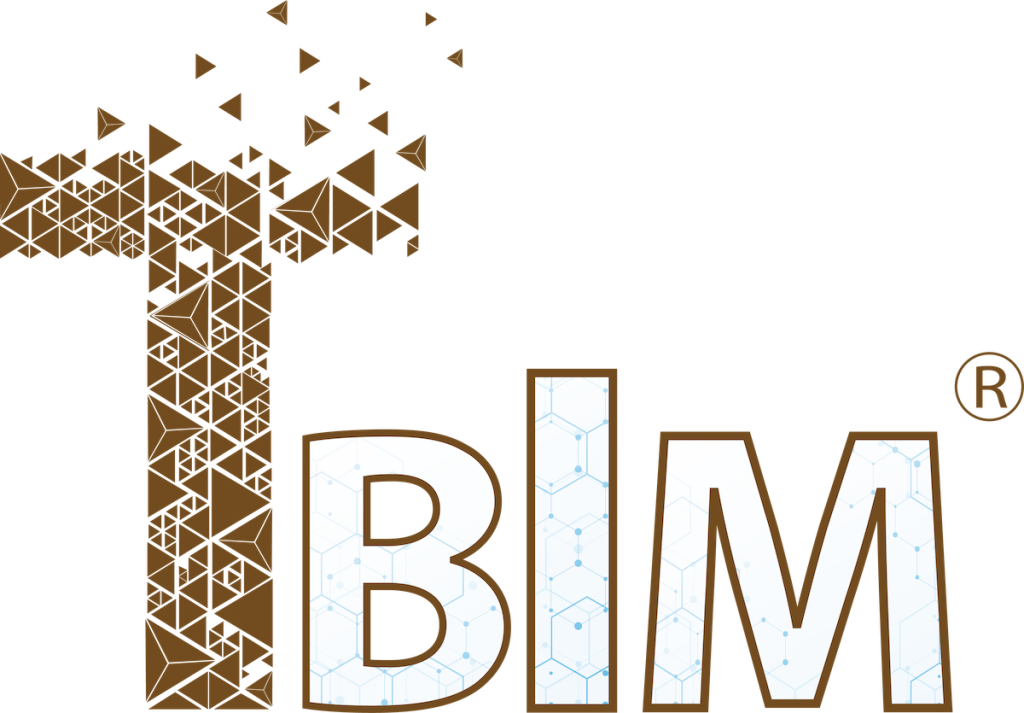HIGHER EDUCATION PROGRAM
MAJOR: BUILDING INFORMATION MANAGEMENT
SYLLABUS
- Course name: BIM MANAGER
- Course code: BM Code
- Teaching Department: BIM
- Level of competency: apply for architect, engineer, project manager or students from the 4th years )
- Credits: 3 teaching /24 Session /72 hours
- Time allocation:
- Theories (In class): 24h
- Group works, practice, discussion: 31h
- Assignment on cloud: 31h
- Self-study: 10h
- Certification prerequisites: Fairly good scoring guide 75%
- Course description:
This course aims to provide foundational knowledge and skills to deploy model information in the design & construction phases of building structure. At the end of the module, students will be able to implement the BIM process and understand the issues where BIM is applied to support the transition to a more efficient construction method. Throughout the program, students will gain master BIM skills, create their own projects, learn how to create construction drawings and develop construction schedules using modern software systems.
- Course Learning Outcomes – CLOs – Level 3:
It is expected that upon completion of BIM For Structure module, students will be able to:
9.1 Knowledge:
CLO1.1: Understanding of principles and processes in planning structure BIM implementation by project phases;
CLO1.2: Explain the importance of integrated approach of BIM in the context of modern and smart and sustainable development of built environment.
9.2 Skills:
CLO2.1: Ability to structure model a complete building with BIM software
CLO2.2: Ability to present structure related workstages with BIM process
9.3 Autonomy and Resposibility:
CLO3.1: Acquire fundamental knowledge and skill for further research and practise in BIM
- Program Learning Outcomes – PLO:
PLO1. Knowledge:
PLO1.1 BIM Technology Overview
Ability to apply knowledge of BIM process to manage people, systems, and business structures into practice to optimize project results, increase value for client, reduce waste and maximize efficiency through all stages of design, manufacturing and construction.
PLO1.2 Information Systems Management
Ability to apply knowledge of IT to build a common data environment BIM on the cloud to create an ecosystem for all project participants.
PLO1.3 BIM Technology Solution
Understand and apply knowledge of Virtual Design Construction (VDC) & Virtual Reality (VR) to plan before construction to shorten time & save costs and reduce resources for businesses.
PLO1.4 BIM Project Management
Apply knowledge to plan BIM implementation for the project life cycle including technical document, construction methods, check clash , cost estimate, project as-built model, …
PLO1.5 Integrated Approach of Design for Inclusive Smart Cities
Ability to apply knowledge of design, technology, management, culture, 3D modeling, urban simulation etc, more to approach the complexities of platform-based Inclusive Smart Cities Design advances in science and technology to solve problems of the old urban model such as environmental pollution, traffic jams, improving energy efficiency, etc.
PLO2. Skill:
PLO2.1 Problem analysis
Rely on methodology to identify, develop, document & analyze complex project issues.
PLO2.2 Solution development
Capable of design innovative and comprehensive solutions to complex smart city problems.
PLO2.3 Investigation
Ability to analyze BIM standards in the world to come up with a BIM program suitable with business strategy
PLO2.4 Modern tool usage
By demonstrating skills and using modern technology to save time and achieve high efficiency in work.
PLO2.5 Communication
Organize discussions on design, construction & technology requirements from experts.
PLO2.6 Critical mindedness
Assessment & problem solving systematic for research results, methodologies and theoretical frameworks in the field of BIM.
PLO2.7 Individual and Multidisciplinary Teamwork
The ability to work effectively as an individual or in a team across multifaceted or multidisciplinary environments.
PLO2.8 Aesthetic, Innovative and Technical Design
Ability to analysis, evaluate and create digital models and easy-to-understand visual drawings that conform to aesthetic, creative and technical criteria.
PLO2.9 English
Able to improve English capital according to international standards. Have the opportunity to study and work in a professional foreign environment.
PLO3. Autonomy and Responsibility:
PLO3.1 Lifelong learning
Able to engage confidently in self-directed, lifelong study and research in the broader context of innovation and technological developments;
PLO3.2 Ethics
Able to recognize and commit the ethical responsibilities of individuals and organizations in society and principles of sustainability and inclusive urban growth.
- Course teaching plan:
K01. BIM Technology Overview
K02. BIM Fundamental Networking
K03. BIM Deployment Plan
K04. BIM Guidelines
K05. BIM XD
K06. BIM Template
K07. BIM Level
K08. BIM Standard
K09. BIM Construction
K10. BIM Process Level 1
K11. BIM Requirement Engineering
K12. Strategic Information System
K13. BIM Plases
K14. BIM Quality Control
K15. BIM Policy
K16. BIM Process Level 2
K17. BIM ISO 19650
K18. BIM Cloud
K19. BIM Team Dynamic & Communication
K20. BIM Organizational Chart & Job Description
K21. BIM Project Management
K22. BIM Quality Management
K23. BIM Facibility Management
K24. BIM Project Execution Planning Guide
K25. BIM Solution Architecture
K26. BIM Implementation
K27. BIM Integrated Project Delivery
K28. BIM Measurement And Analysis
K29. BIM Business Value
K30. BIM Business Intelligence
- Student Workload:
Students are required as follows:
- Before each session, students need to read and prepare the lesson in advance, using the references given by the instructors.
- Attend 80% of the sessions
- Students are encouraged to discuss issues raised at each session.
- Homeworks will be given at the end of each section/lecture.
- There will be group work for section 5. Requirements for group works will be given by the end of lectures for the corresponding sections. Outcomes of the group works will be presented by the each group (role play).
- At the end of the course ( at section 10 ), there will be an examination of the project implementation by BIM.
- Student Assessment System:
Learning results are assessed on a total score of 100, then converted to a 10-point scale. In each form of assessment, the subject’s instructors will choose one or mutiple appropriate methods and inform students in advance: Writen Test, Essay, Assignment, Case Studies, Report, Research, Project, Presentation, Poster, Prototype or Model, Portfolio.
Scoring guide/Rubric
Rubric 1. Attendance Assessment (Class Attendance) (integrated with Group formative assessment):
Rubric 2. Group Presentation/ Poster Assessment:
Content, Structure and visualization, Presentation skills, Body language, Time management, Response, Group Coordination.
Rubric 3. Report/ Research/ Project/ Case Studies/ Essay Assessment
Students missing any of the above assessment types will be deemed ineligible to pass this course.
- Student Support:
Apart from the class schedule, instructors will provide after-school support at least once every 2 weeks (55 minutes), via online channels agreed between instructors and students on the first session of the course. Some recommended online channels such as school elearning, email system, classroom facebook & zalo group, classroom google meet group, mircosoft team, miro, cisco…
Tutor (if any) to support in teaching, up to 55 minutes / 1 time on school day according to class schedule.
A tutor or academic advisor (if any) with after-hours support at least 55 minutes / 2 weeks of study, activities including instruction on assignments, group projects, student assessment. The support can be conducted online or offline and the specific time depends on the conditions and agreement with students on the first session of the course.

